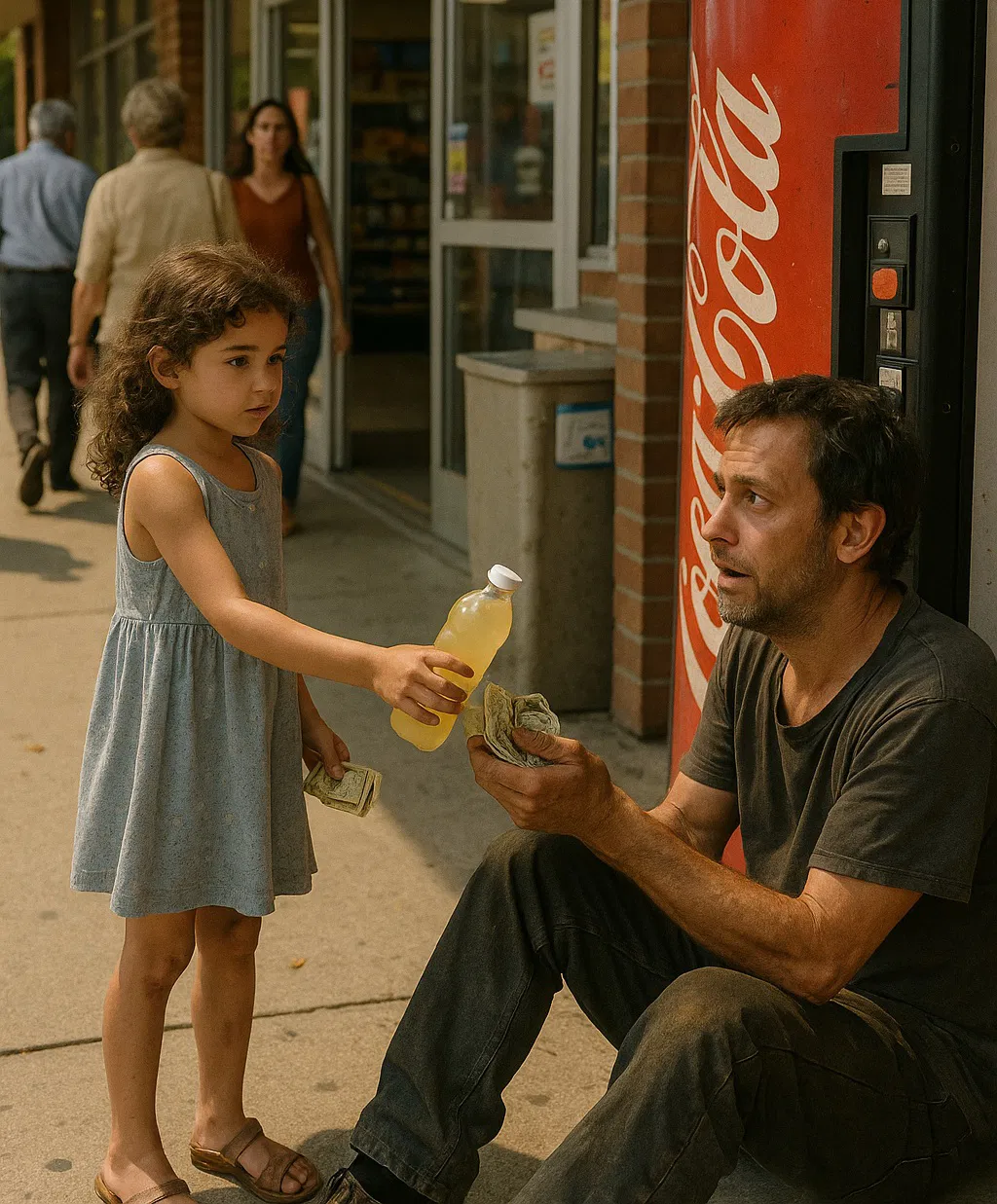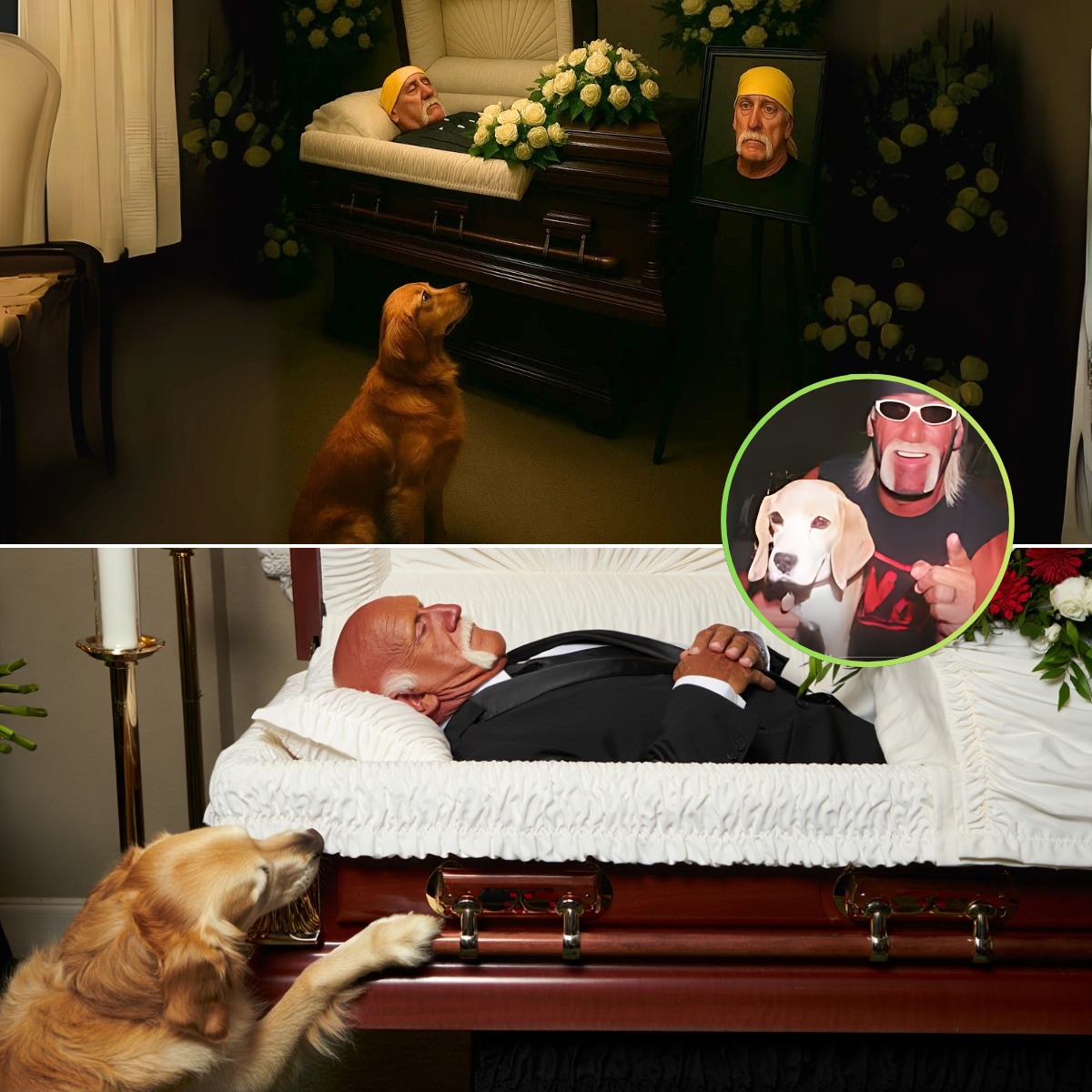Being a single mom was never the plan, but life doesn’t always care about plans. My husband walked out when Lily was barely three—vanished without a word, without a penny, without shame. Raising her alone was brutal, but I had no idea the reward waiting for us one day would make it all worth it.
At first, there were postcards. Blurry photos from Bali with a girlfriend half his age, grinning beneath a tan that made me sick. Then nothing. He ignored calls, dodged court notices, and treated child support claims like spam emails. It was as though he’d erased us—ripped out that chapter of his life and tossed it away. Eventually, I stopped waiting for apologies or explanations.
Instead, I worked. Every dollar had to stretch. I learned to celebrate the smallest kindnesses because sometimes, they were the only things that got us through. I made spaghetti last three nights. I found joy in the forgotten $20 in my coat pocket. I celebrated Lily’s laughter, the way she snorted at the park. Those moments kept us going, reminding me we were okay.
Truth be told, raising Lily was its own reward.
At seven, Lily was pure sunlight—curious, blunt, and tender. She noticed things others didn’t. She’d whisper at checkout when the cashier looked tired. She noticed when the neighbor’s dog was limping. She gave up her birthday cupcake to a friend who dropped theirs. Lily wasn’t just existing in the world—she cared enough to change it, one small act at a time.
One day, as we were grocery shopping for back-to-school supplies, Lily’s kind heart would lead us into an unforgettable moment.
It was back-to-school week. My list was tight—pencils, erasers, a cheap notebook. No extras. But as we walked past the cooler near checkout, Lily tugged at my sleeve.
“Mom,” she whispered, her cheeks pink, “can I get a lemonade?”
It was a $1.29 splurge, but I said yes. The way her face lit up, you’d have thought I’d handed her a golden ticket.
We walked outside, bags swinging in our hands, the sun blinding above us. People rushed past, too busy to notice. Then, Lily stopped suddenly, gripping my hand with small, firm fingers.
“Mom,” she said softly, “that man’s crying.”
I followed her gaze. A man, slumped against the wall between a soda machine and the building, was shaking with quiet sobs. No sign, no cup—just raw, visible pain. People walked by without a second glance, as though he were invisible.
I hesitated, unsure what to do. “Maybe he’s just having a hard day,” I said gently, trying to pull Lily away.
But Lily held her ground. She didn’t look scared—she just looked concerned.
“What’s wrong with him?” she asked.
“Maybe he’s hot and thirsty,” I suggested.
Lily’s brow furrowed. “Maybe. Or maybe he needs help.” Without another word, she walked toward the man, her small hand clutching the lemonade.
“Hi, sir,” she said in her serious little voice. “Don’t be sad. Be happy! It’s a nice day. Not raining or snowing or anything. Are you hot? Why don’t you go home? The ground is dirty.”
The man looked up, startled. His eyes were red and glassy.
“I don’t have a home,” he rasped, his voice breaking.
Lily’s face crumpled. “So you’re homeless? That means no refrigerator… no food.”
Then, as though it were the most natural thing in the world, she pulled three wrinkled dollars from her rainbow coin purse—money she had been saving from birthday gifts and spare change—and placed it in his trembling hand, along with the lemonade.
“Please go eat,” she said softly. “It would make me really happy. I like McDonald’s. You should go there.”
The man stared at her in disbelief. His hands trembled as he accepted the drink and the money.
“Thank you,” he whispered, his body visibly loosening, the weight on his shoulders easing a little.
Nearby shoppers, who had been watching, stepped forward. One handed him a $20, the other a $50. Kindness rippled outward.
We walked away quietly, my throat tight. Lily tugged my hand, still deep in thought.
“Do you think he’ll be okay now?” she asked.
“I think he just might be,” I said, my voice thick with emotion.
I thought that was the end of it. But two days later, as we cleared breakfast dishes, a thunderous roar rattled the house.
“Is that…?” I whispered, my heart pounding as I stepped toward the window.
A helicopter was descending right in front of our house.
“Mom! It’s landing!” Lily shouted, barefoot, racing to the door.
My breath caught as I saw the blades whip the trees, scattering leaves across the lawn. A navy-suited man stepped out, walking slowly toward our house.
I froze.
It was him.
Clean-shaven, hair neatly combed back. His face was brighter, not just physically, but somehow, as if years of sorrow had been wiped away. He carried a small paper bag.
“Do you… remember me?” he asked, his voice quieter than I expected.
I nodded slowly.
Lily peeked around me. “That’s the man who was sad.”
He knelt down to her level, his eyes soft with gratitude. “Yes, little one. I was very sad. My wife and I were expecting twins. We were driving to see my parents when we had an accident. They didn’t make it. She didn’t make it.”
His voice cracked.
“I did. And I wished I hadn’t. I drowned myself in alcohol. My brother took over the company, and I stopped caring. I wasn’t homeless because of money—I was homeless because I had no will to live.”
Lily whispered, “I’m sorry.”
The man’s eyes filled with tears as he met her gaze. “That day outside the store, I wasn’t hungry. I was tired of breathing. But then you came—with your lemonade and your little voice. You reminded me of my wife. You woke me up. You saved me.”
The air seemed to hold its breath. I stood in stunned silence.
He rose slowly and turned to me. “I told my father everything. I asked to return to the business, but only if I could create a foundation in my wife’s name—to help single mothers and struggling families. He agreed.”
Then, he handed me an envelope.
“For Lily’s education,” he said gently. “Every year, until she graduates.”
I held it, too stunned to speak.
“There’s more,” he continued. “A car will arrive this afternoon. And an interview at one of our partner firms. A position I believe suits your skills.”
“This is too much…” I stammered, shaking my head in disbelief.
“No,” he said firmly. “You’re raising a child who sees people. That’s rarer than gold. The world needs more children like Lily—and more mothers who teach them how to care.”
Lily beamed up at him.
He reached into his bag and handed her something small. “For you.”
Lily opened the bag and gasped. “Lemonade!”
The man smiled warmly. “I owed you one.”
She giggled and hugged him, making him stumble before he embraced her back.
I couldn’t believe what was happening. “How did you find us?” I asked, my voice shaking.
“A friend in the police,” he said with a soft chuckle. “I checked the cameras outside the store. I know it was intrusive, but I had to thank you properly. I couldn’t let your kindness vanish.”
I hesitated, my emotions crashing over me. Then Lily tugged at my sleeve.
“Mom,” she whispered, “it’s okay. He found us because he wanted to be happy again.”
And just like that, her words cut through everything.
The man nodded once more, and as he turned to leave, I watched him walk back to the helicopter.
“Goodbye, lemonade man!” Lily called, waving her drink high.
The man turned, smiling. And for the first time in years, I allowed myself to feel it.
Hope.


